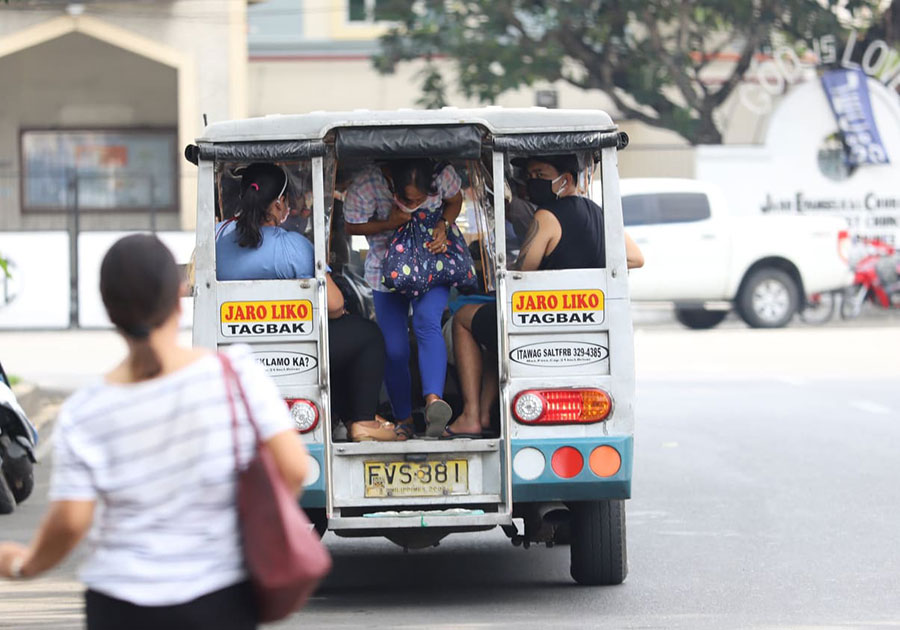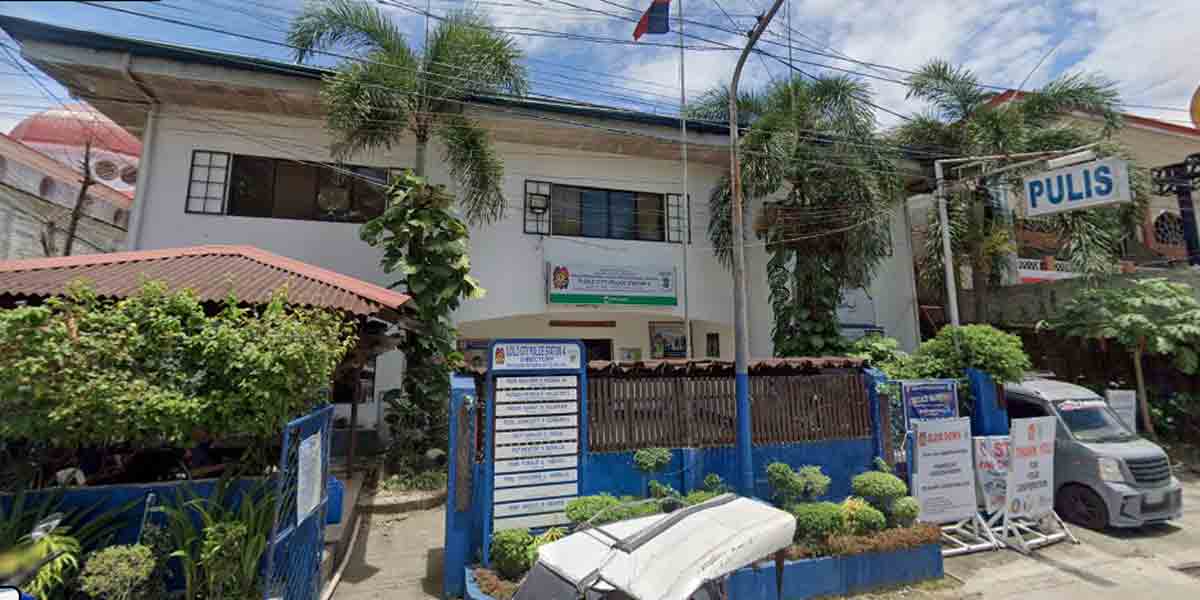
By Joseph B.A. Marzan
Local transport groups on Tuesday raised the possibility of a transportation paralysis if the Land Transportation Office (LTO) fully implements the Motor Vehicle Inspection System (MVIS) policy on Public Utility Vehicles (PUV) this year.
The MVIS is contained in LTO’s Memorandum Circular No. 2018-2158 issued on Nov. 28, 2018 which authorized the operation of Private Motor Vehicle Inspection Centers (PMVICs) across the country.
The memo is on keeping with Department Order No. 2018-19 of its parent agency, the Department of Transportation (DOTr), which authorized the privatization of motor vehicle inspection services.
The MC also states that Iloilo City will only have 3 authorized PMVICs, out of 9 to be authorized in the entire Western Visayas.
The memo covers all private passenger cars, utility vehicles, sports utility vehicles, jeepneys and other types of vehicle with a gross vehicle weight of 4,500 kilograms and below.
The MC provides for the facility requirements of PMVICs as well as the required inspection process, which are composed of three stages for LVs (light vehicles) and two stages for motorcycles.
Inspections are fully automated and will be conducted on a Pass/Fail system, where vehicles receiving “Fail” marks will not be given a digital barcode which contains their Certificate of PMVIC Compliance.
These digital barcodes will be part of their license plates and are unremovable.
Inspection fees are P1,800 for first time inspection, and P900 for reinspection of “Failed” vehicles.
For motorcycles, first-time inspection fee is at P600.00 and re-inspection fee is at P300.00.
The inspection process of the PMVICs under the MC No. 2018-2158 include the following vehicular components, to name a few:
– Chassis frame (for structural rigidity, rust, etc.)
– Engines
– Driveshaft bolt
– Transmission oil
– Differential Oil
– Parking brake wire
– Fuel hoses and pipes
– Steering linkages and gearbox mounting
– Steering Ball joints
– Condition of Power steering system
– Condition of radiator
– Spring bolts and nuts
– Shock absorbers
– Exhaust pipe
– Propeller Shaft couplings
– Brake hoses
– Front and rear shackle eyes, pins, and bushes
– Spring clips
– Brake hoses, pipes, and cylinders
– Steering idler/section shaft
– Stabilizer and bushes
– Engine mounting
– Kingpins and bearings
– Identity and construction
– Dimensions (for rebuilt and locally-assembled vehicles)
– Windshield and window glass condition
– Emergency warning device
– Car horn
– Mobile air-conditioning system
– Floorboards
– Fuel tank and fuel tank cap
– Appearance of car body
– Tire and wheel condition
– Seat belts
– Driver and passenger’s seats
– Door and door hinges
– Steering Wheel
– Rearview mirror and side mirror
– Clutch system
– Braking system and parking brake
In an interview with Aksyon Radyo Iloilo on Tuesday, Iloilo City Loop Alliance of Jeepney Drivers and Drivers Associations (ICLAJODA) President Boyet Parcon warned that 99 percent of traditional jeepneys “may disappear” from the roads because they will not meet the standards.
Parcon said the MC was supposed to be implemented in 2019 but was delayed to 2020 following pleas by ICLAJODA and other jeepney groups with then-LTO-Region 6 Director Roland Ramos.
The implementation was further delayed by the coronavirus disease 2019 (COVID-19).
According to Parcon, a PMVIC started operating in Roxas City, and jeepney drivers and operators there have raised concerns that they are starting to lose numbers because they failed the inspections.
He cited three aspects where they will surely fail the PMVIC inspection:
(1) the lack of speedometers;
(2) the lack of handbrakes; and
(3) leaky components such as engines, clutches, and brakes, which are at risk despite stable performance, due to the jeepneys’ old age.
“If they’re going to implement it sooner, February or March, and while we don’t have new units yet, many PUJs may disappear from the roads because we wouldn’t pass, due to three things, number one, we don’t have speedometers, number two, we don’t have handbrakes, and number three, our engines are already leaky because while they are still in good condition, they are already old, so we can’t avoid leakages,” Parcon said.
He added that the ICLAJODA was asking the LTO to further extend the non-implementation of the MC, as they are still in the process of securing loans and other funding for the procurement of modern jeepneys.
Their loans amount to more than P20 million for new units which cost up to more than P2.5 million each.
“We are looking at June to go full-swing [for modernized jeepneys], but it would still depend if and when our loans will be granted. I’m sure they’re also monitoring that. When we look at the situation, we cannot easily pay the debt. We are asking the LTO to extend until December so we can surely go full-swing,” Parcon said.
Perfecto Yap, president of Association of Taxi Operators in Panay, echoed similar sentiments in another interview with Aksyon Radyo Iloilo.
Yap confirmed that they also had initial discussions with the LTO-6, which was looking at a transition period for the implementation of the MC, as it was “not an easy program” for them.
He said that taxi fleet operators wouldn’t have problems with the process as most operators have their own maintenance teams, but their concerns remain on the setup of some vehicles.
“Somehow, this is a good program, but they have to look at the consequences. If we strictly enforce this, it might end up that there would be no vehicles on the road, more so the Public Utility Vehicles,” said Yap.
He added that the idea of the PMVICs sound good, but its effectiveness is yet to be seen due to the different physical make-up of cars.
He notes that diagnostics and inspections systems for one type of vehicle may not work due to the difference in components.
“I think it is common knowledge that vehicles have different types of engines. Somehow, the term ‘Motor Vehicle Inspection Center’ sounds good, and it sounds good that they are housing modern inspection type system which ensures roadworthiness of cars. But then, it might not be good for other units,” he added.
He also expressed doubts on the capacity of the PMVICs to inspect the numbers of taxis.
“Even for us taxis, it would somehow have a problem, because we have vehicles that are five to eight years old. We also have to look at the numbers, we have 2000 taxis. Can the [MVIC] handle this number?” He said.
He reiterated that they would support the PMVIC program, but it “must have a transition period”.



















